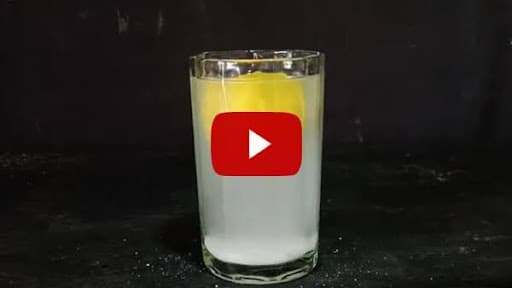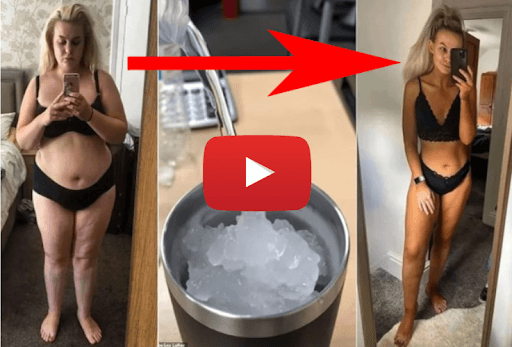Protein is the menopause nutrient
Protein often becomes a contentious topic, especially revolving around certain stages in life such as menopause.
There’s a lot of protein fear, just like there’s fear of cardio for cortisol.
This kind of fear tends to skew perceptions, shaping dietary choices in potentially detrimental ways. The notion of protein being harmful or problematic is notably persistent, but are these fears justified?
In many circles, protein is heralded as the "menopause nutrient". Its importance is further solidified by ongoing research underscoring its role in counteracting "negative morphological adaptations" during menopause.
- Protein aids in muscle maintenance and growth.
- Supports overall health during hormonal changes.
Protein isn’t just a dietary requirement—it’s a pivotal part of adapting to the life changes that accompany menopause.
I prioritize protein... I don’t want to tell my children to eat high protein if it’s unhealthy.
Emphasizing a scientifically-grounded approach to protein intake dismisses fears surrounding supposed protein "dangers." In the realm of nutritional science, particularly concerning women’s health during menopause, comprehensive studies repeatedly overturn myths linking high protein with adverse health effects.
Despite pervasive myths, no research studies indicate that high levels of protein are inherently harmful. Quite the contrary, it appears such intake can provide significant protective benefits during menopause.
When building a diet suitable for menopause, focus on securing sufficient, preferably high amounts of this critical nutrient to sync health outcomes positively.
From Around The Web
Wellness Inbox is a blog & weekly newsletter that curates trending news and products related to health and wellness from around the web. We also gather content from various sources, including leading health professionals, and deliver it directly to you.
Please note that we may receive compensation if you purchase any products featured in our newsletter. Wellness Inbox is not affiliated with, nor does it endorse, any health professionals whose content may appear in our newsletter. The information provided is for general informational purposes only and should not be considered medical advice.
The information provided is not intended to replace professional medical advice, diagnosis, or treatment. All content, including text, graphics, images, and information available is for general informational purposes only. We do not guarantee the accuracy or completeness of any information presented and assume no liability for any errors or omissions. The content is subject to change without notice. We encourage you to verify any information with other reliable sources and consult your physician regarding any medical conditions or treatments.







